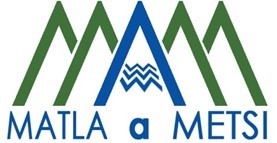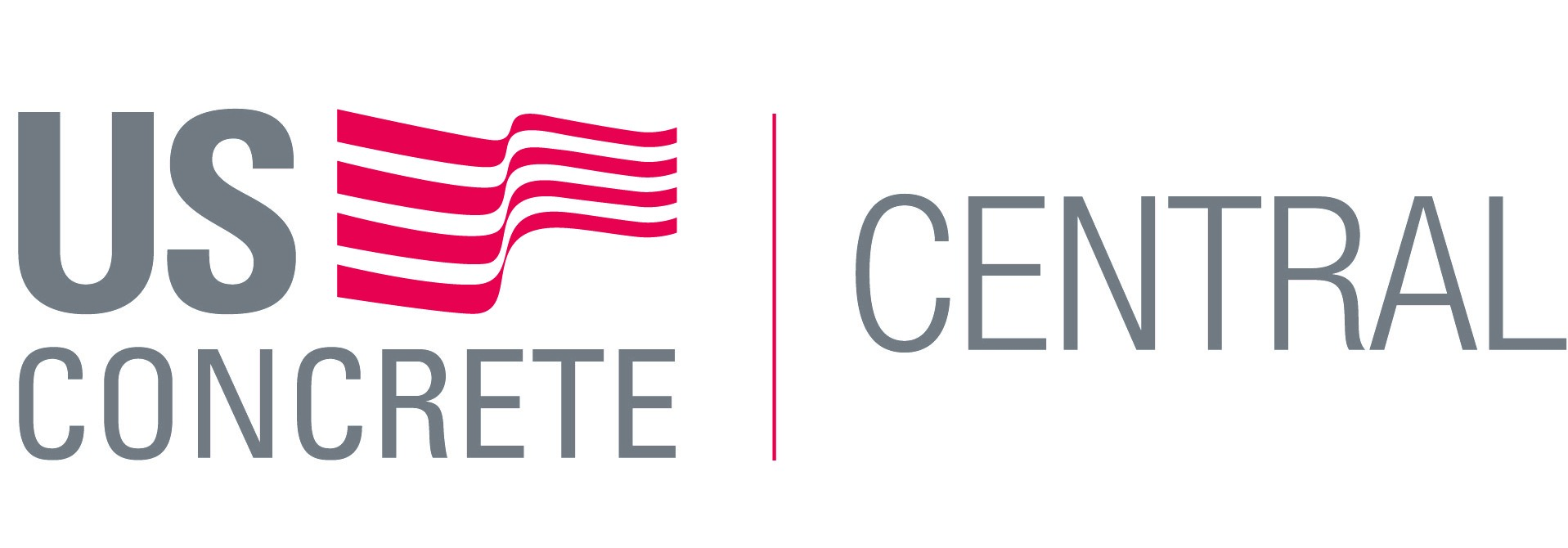Information
-
Conducted on
-
Inspected By:
-
Add location
-
Are cylinders stored in upright position and immobilized by chains or other means to prevent them from being knocked over?
-
Note tragic accidents have occurred when a cylinder was knocked over, damaging the cylinder and turning it into a rocket
-
Are cylinders stored away from highly flammable substances such as oil, gasoline, or waste?
-
Are cylinders stored away from electrical connections, gas flames or other sources of ignition, and substances such as flammable solvents and combustible waste material?
-
Are flammable gases separated from oxidizing gases and storage areas?
-
Are oxygen and fuel gas cylinders separated by a minimum of 20 feet when in storage question?
-
Are cylinders stored away from incompatible, excessive heat, continuous dampness, salt or other corrosive chemicals, and any areas that may subject them to damage?
-
Note: rusting will damage the cylinder and may cause the valve protection cap to stick.
-
Is the storage area permanently posted with the name of the gases stored in the cylinders?
-
Do all compressed gas cylinders have their content and precautionary labeling clearly marked on their exteriors?
-
Are all compressed gas cylinder valves covers in place when cylinders are not in use?
-
Are all compressed gas cylinders stored so they do not interfere with exit paths?
-
Are all compressed gas cylinders "FREE" from corrosion, pitting, cuts, gouges, digs, bulges, neck defects and general distortion?
-
Are cylinder valves closed at all times, except when the valve is in use?
-
Are compressed gas cylinders always moved, even short distances, by a suitable hand truck?
-
Are all compressed gas cylinder connections such as pressure regulators, manifolds, hoses, gauges, and relief valves checked for integrity and tightness?
-
Are all compressed gas cylinders regularly subjected to leak detection using a approved leak detection liquid?
-
Note: ordinary soap solution may contain oils that are unsafe when used with oxygen cylinders. Leak detection liquids are available from commercial welding supply houses.
-
The procedures should include the following:
1- Attached color tag to the cylinder stating it is unserviceable
2- Remove cylinder to a well ventilated out-of-doors location
3- If the gas is flammable or toxic, place the appropriate sign at the cylinder warning of these hazards
4- Notify the gas supplier and follow his/her instructions as to the return of the cylinder -
Are compressed gases only handled by experienced and properly train people?
-
Are compressed gases cylinder proprerly color tagged













